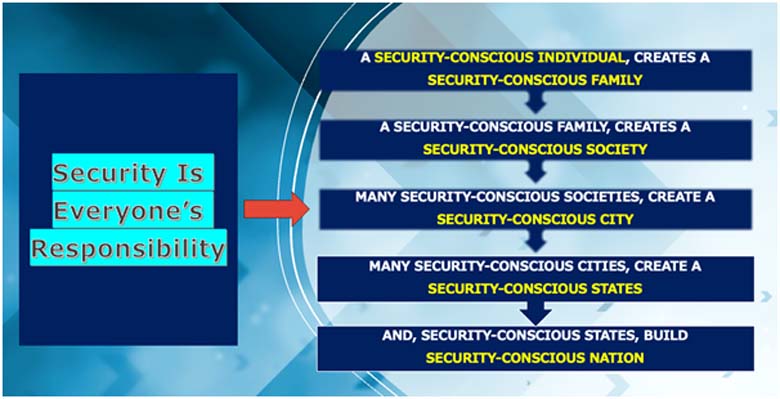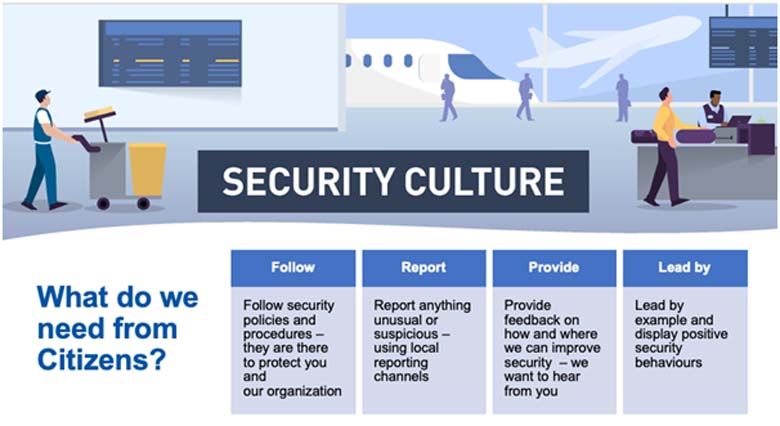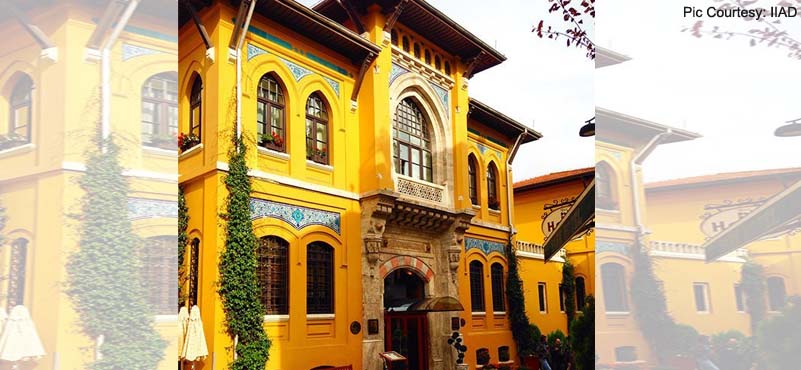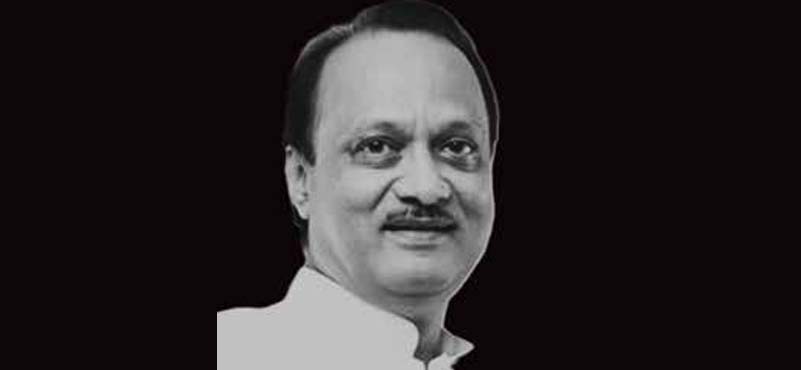Is 10/11 the Moment That India Must Recognise the Urgency of a National Citizen Security Culture?
The car bomb blast in Delhi on 10 November broke the comfortable myth that India’s threat landscape can still be managed by traditional policing and siloed intelligence. The message was not that our security agencies weren’t alert, but the danger itself has evolved faster than our national security culture. The blind people of Hindoostan would have seen and heard the signs of unusual activities in societies and terror labs of Al Falah University, but ironically adopted an ostrich approach. It showed the widening gap between emerging hybrid threats and the national citizens’ security culture.
There can be no Viksit Bharat without a Surakshit Bharat. Yet the nation blinds itself to this cultural transformation. The shape of modern insecurity has shifted. It now hides in plain sight, woven into daily life. Schools, campuses, digital platforms, ideological niches, and unregulated information ecosystems have become new routes for mobilisation. These are slow, quiet and deeply embedded channels in the society and institutions. They influence minds long before they result in action. They rely on society’s blind spots rather than its strong points. In many cases, they operate in front of us without being recognised.
The 10/11 explosion was a kinetic act. The ecosystem behind it was anything but. It grew through anonymous online activity, ideological grooming, scattered recruiters and logistical supporters. It spread in places that citizens use every day but seldom think of as vulnerable. It survived because society did not have the instinctive tools to identify it. India lacked what many nations have built over decades: a National Citizen Security Culture.
Why Viksit Bharat Requires Surakshit Bharat

In the vision of Viksit Bharat of India, the evolution of the critical path of Suraksit Bharat stands as the foundational construct. Surakshit Bharat is to ensure the safety, security, and well-being of all citizens. The emphasis is on collective benefit, social change, and improving the conditions or capabilities of a community for the protection and preservation of a nation’s security interests and the safety of its citizens. No investor, no urban planner, no global partner bets on a nation where public safety feels uncertain.
Police forces remain stretched. Community-level security structures are weak. Educational institutions focus on learning outcomes but leave out civic preparedness. Mistrust between citizens and institutions delays information-sharing. And in the absence of a shared understanding of threats, misinformation travels faster than warnings.
This gap becomes obvious every time a crisis unfolds. Panic spreads before clarity. Rumours overshadow facts. People lean on fear rather than reason. Society suffers the consequences of the blast for its cultural ignorance.
Why 10/11 Must Be Treated as a Wake-Up Call
The Delhi blast was not an isolated outburst. It was part of a sequence of plans that were disrupted before they reached their intended scale. Investigations have already pointed to networks that were quietly operating inside society. They used digital anonymity, ideological cohesion, financial hawala transactions and institutional access to prepare for larger strikes.
None of this happened overnight. There were early signs. There were indicators in online behaviour, shifts in group dynamics, suspicious movements, storage of explosive materials, and quiet changes in financial patterns. But without a wider culture that teaches citizens to register and report these clues, they went unnoticed.
10/11 must therefore be more than a single event. It must become a point of civic reflection. It shows that no matter how strong the state is, it cannot be everywhere. Threats have adapted. They live within the societal space. A country of India’s scale requires a public that sees itself as the first alert system and as the last layer of resilience.
What a Citizen Security Culture Means

A citizen security culture is not a call for suspicion. It is a call for awareness and responsibility. It requires four shifts.
- Societies become Guardians: Awareness campaigns, school curricula, college outreach, RWA programs; a whole-of-society approach to vigilance. People remain alert, see, hear and report anything unusual without fear or favour.
- Communities act as organised support structures
Resident groups, civil organisations, schools, and private security agencies collaborate rather than operate alone. - Technology strengthens civic protection
Citizens understand how misinformation spreads, how radicalisation works online and how to use digital tools for safety rather than panic. - Institutions communicate with clarity and trust
Law enforcement and local authorities build channels that allow a two-way flow of information.
Countries that have built strong internal security rely on citizens who understand their role as partners in national safety. India needs the same transition.
The Role of Private Security Networks
 India’s private security industry is large, pan-India, diverse and present across high-density public and private spaces. Yet it remains outside the structured internal security system. This is a lost opportunity.
India’s private security industry is large, pan-India, diverse and present across high-density public and private spaces. Yet it remains outside the structured internal security system. This is a lost opportunity.
Private security guards see what most people overlook. They are posted at gates, transport hubs, offices, malls, campuses and industrial sites. They are the most widespread uniformed force in the country. With appropriate training, motivation and integration, they can form a national early-warning network. They need to be transformed from ‘Chowkidars’ to ‘Society Warriors’- Guards to Guardians.
This requires several steps. There must be a national training framework with upskilling, technology induction and better wages cum standards for motivation. Reporting protocols must be standardised. Guards must have access to basic technology for communication. Private security networks must be tied into district-level information systems and security integrated grids. Coordination with law enforcement must be formal and institutionalised. If enabled, this force can become a major strength for India in preventing internal threats.
Citizen Security Councils: Converting Culture Into Practice
 To turn the idea of citizen security into something real, India needs a community-level structure that connects citizens, institutions and security agencies. Citizen Security Councils can serve this role.
To turn the idea of citizen security into something real, India needs a community-level structure that connects citizens, institutions and security agencies. Citizen Security Councils can serve this role.
These councils can include local representatives, civil society groups, private security associations, educators, police and resident networks. Their tasks can include identifying vulnerabilities, preparing local security plans, conducting awareness programmes, security audits, setting up neighbourhood-level watch systems and ensuring clear communication channels during emergencies.
Their objective is not policing. Their objective is to bring coherence to community-level security as part of the National Security Integrated Architecture, which is currently informal and fragmented.
A New Security Paradigm
India is already facing a new class of hybrid white collar threats. They combine ideology, technology, professionals, institutions, emotional manipulation and social penetration. They operate across digital and physical domains. They target institutional vulnerabilities rather than frontier gaps. They exploit public ignorance more than state weaknesses.
Responding to such threats requires India to move from a state-only model to a networked national security ecosystem. Citizens, private security, local administrations, digital platforms and law enforcement must function as one grid. A National Citizen Security Culture is the foundation of this shift.
Central Association of Private Security Industry (CAPSI) has been driving the National Citizens Security Culture (NCSC) campaign with the GoI only to be drowned by the bureaucratic lethargy and buried in the graves of North Block. The culture remains status quo.
Conclusion: Security as a Citizens Culture
There can be no Viksit Bharat without a Surakshit Bharat, and no Surakshit Bharat without a Citizen Security Culture. Civic security is not an accessory to development. It is its precondition.
The writings on the walls of 10/11 are clear. The real danger is not only the bomb that detonated but the silent ecosystem that grew for months before the blind men of Hindoostan. And the larger danger is the national outlook that allowed those early signs of Islamist ideology to slip by.
A secure India will not emerge from state institutions alone. It will emerge from citizens who recognise their role in national safety. It will emerge from communities that stay alert without being fearful. And it will emerge from a culture that understands that security is not a one-day response, but a daily practice. The time to build that culture has arrived. The choice is to be bombed or to prevent the bomb.
ABOUT THE AUTHOR
 Lieutenant General A B Shivane, is the former Strike Corps Commander and Director General of Mechanised Forces. As a scholar warrior, he has authored over 200 publications on national security and matters defence, besides four books and is an internationally renowned keynote speaker. The General was a Consultant to the Ministry of Defence (Ordnance Factory Board) post-superannuation. He was the Distinguished Fellow and held COAS Chair of Excellence at the Centre for Land Warfare Studies 2021 2022. He is also the Senior Advisor Board Member to several organisations and Think Tanks.
Lieutenant General A B Shivane, is the former Strike Corps Commander and Director General of Mechanised Forces. As a scholar warrior, he has authored over 200 publications on national security and matters defence, besides four books and is an internationally renowned keynote speaker. The General was a Consultant to the Ministry of Defence (Ordnance Factory Board) post-superannuation. He was the Distinguished Fellow and held COAS Chair of Excellence at the Centre for Land Warfare Studies 2021 2022. He is also the Senior Advisor Board Member to several organisations and Think Tanks.








